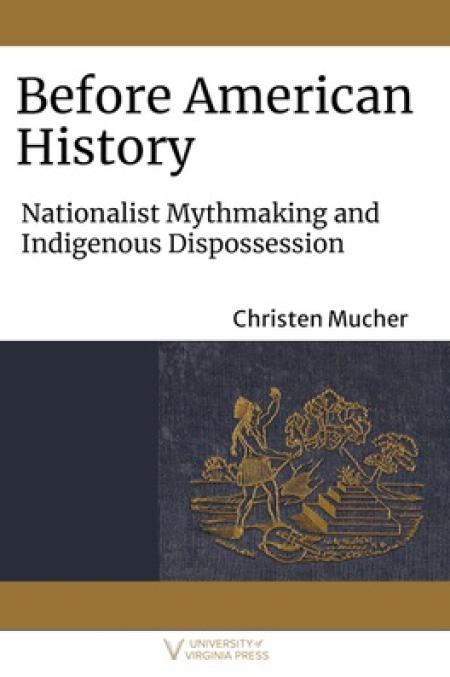
American Antiquarian Society
185 Salisbury Street
Worcester, MA 01609
United States
As the United States and Mexico transformed from European colonies into independent nations—and before war scarred them both—antiquarians and historians compiled and interpreted archives meant to document America’s Indigenous pasts. These settler-colonial understandings of North America’s past deliberately misappropriated Indigenous histories and repurposed them and their material objects as "American antiquities," thereby writing Indigenous pasts out of U.S. and Mexican national histories and national lands and erasing and denigrating Native peoples living in both nascent republics.
Join us as author Christen Mucher examines Mexico City's famously carved Sun Stone and the mounded earthworks found throughout the Midwestern states of the U.S. as archives of nationalist power and Indigenous dispossession as well as objects that are produced by Indigenous people but settler controlled, and settler interpreted. Her approach renders visible the foundational methodologies, materials, and mythologies that created an American history out of and on top of Indigenous worlds and facilitated Native dispossession continent-wide. By writing Indigenous actors out of national histories, Mexican and U.S. elites also wrote them out of their lands, a legacy of erasure and removal that continues when we repeat these eighteenth- and nineteenth-century settler narratives and that reverberates in discussions of immigration, migration, and Nativism today.

Christen Mucher is associate professor of American Studies at Smith College. In addition to her co-translation of Stella: A Novel of the Haitian Revolution she also co-edited the volume Decolonizing 'Prehistory': Indigenous Knowledges and Deep Time in North America. In 2015, Mucher held an AAS-National Endowment for the Humanities fellowship at the American Antiquarian Society, where she pursued research for her first monograph Before American History: Nationalist Mythmaking and Indigenous Dispossession, which is available Open Access as part of the Mellon-funded Sustainable History Monograph Pilot initiative.